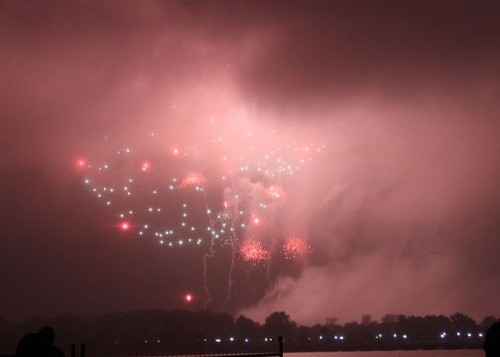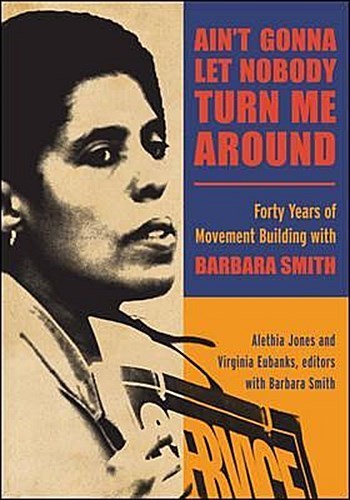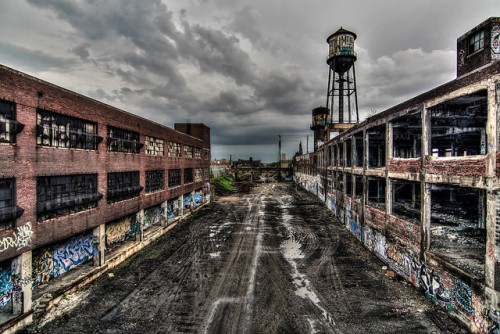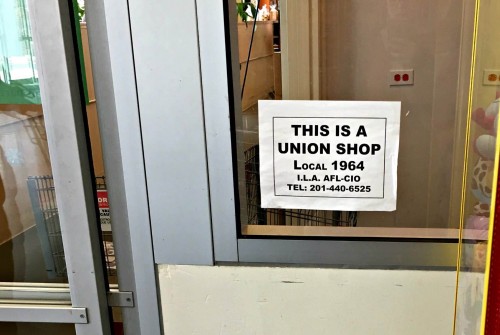
Before the first word was written, Orange is the New Black was already fucked.
In an essay we posted earlier this week, guest author Apryl Williams refers to the 4th season of Orange is the New Black as a spectacle, comparable to the lynch mobs that used the destruction of black bodies as a form of entertainment. In her excellent post, Williams especially laments the lack of a trigger warning accompanying the graphic death of a key black character, one which unapologetically mirrored the 2014 suffocation of Eric Garner. Had there been black writers, Williams contends, things would have been different—she would have been warned instead of just “entertained.”
Williams and others critique the writing decisions that played out in Season 4 and attribute the season’s missteps to a very white writing crew. Indeed, by Isha Aran’s careful calculation, exactly zero black people have been involved in writing Orange is the New Black across its 4 seasons.
Undoubtedly, Williams is right that the series, and the 4th season in particular, would have been generally better, and also more carefully written and produced, with a racially diverse staff. The issue of racial representation in the writing room is one that pervades the popular media industry, and Orange, a show about prisons that tells stories about race, is a cautionary tale. Rather than reimagine how much better the season could have been with the inclusion of writers of color, however, I think the critique of a whitewashed profession and industry stands strongest when we table the quality of the writing altogether. Because even if Orange is the New Black Season 4 had been the greatest story of our time, it would remain, unacceptably, told by the wrong people. more...









